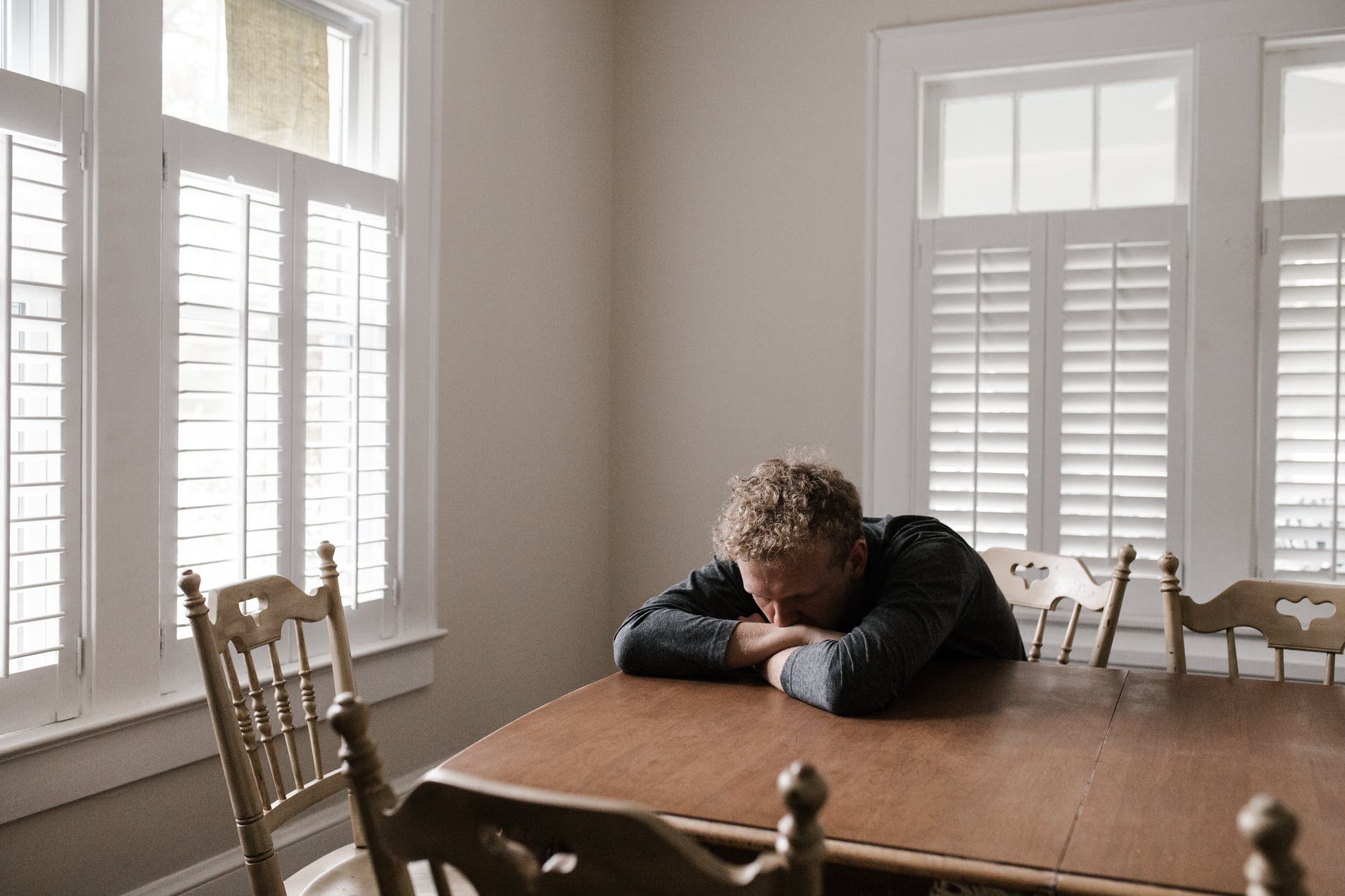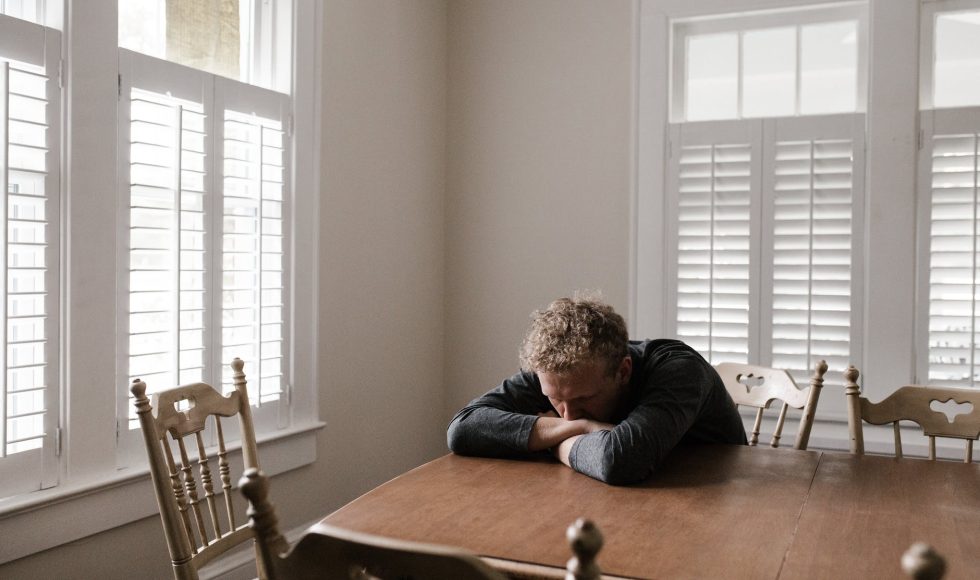Logan Gin spoke about a study on students with disabilities during the pandemic at the September 24, 2021, Online with LSE CBE webinar. Gin is the author of a recently published study. The research question was to what extent did students access their established accommodations following the transition to online STEM courses due to COVID-19?
They interviewed 66 students with disabilities from 7 large-enrollment institutions enrolled in at least one STEM course in the Spring of 2020. They interviewed students, and the key findings that stuck out to them were:
- Students with disabilities were often unable to access the accommodations that they had access to in-person, such as reduced distraction testing environments, additional test time, and note-taking.
- The transition to online instruction resulted in novel challenges for students with disabilities that require additional accommodations such as closed-captioned video lectures and adapted test proctoring.
- Overall, we uncovered barriers that prevented students from effectively and efficiently receiving accommodations for their online instruction during COVID-19.
Katelyn Cooper and Sara Brownell were the co-advisors, and Frank Guerrero was an undergraduate research assistant. How cool! Logan talked about thinking about students who may have disabilities and are not registered (or disclosing). Logan spoke about the students we “may be missing out on” and thinking critically about how we design courses. Logan talked about hesitating to compare students with disabilities and acknowledged that some groups of disabilities were disproportionately affected. Logan also spoke about mental health issues and students requiring to do a lot of paperwork to register. Logan mentioned that disabilities resources offices have changed their naming to support students with mental health concerns too. Logan talked about how some students spoke about flexible deadlines and re-thinking course design for the potential of deadline flexibility. The questions the attendees asked were fantastic, though I couldn’t capture them here! One asked about supporting career development of students with disabilities. Aside from the legality, Logan talked about REU opportunities and ensuring students can access accommodations to be fully immersed and successful in these experiences. As for future research questions, Logan mentioned that they would revisit this work one year out to evaluate changes in services/perceptions. One question that resonated with me was, “what are the best practices and evidence-based accommodations for online learning?” Logan asked: “Do we know if the online accommodations we are offering are fully effective?” Logan ended by emphasizing the importance of transparency of the types of activities and that there may be a need for “non-traditional accommodations.” By using Universal Design for Learning (UDL) principles, we can create courses that are more accessible. I need to keep on reading about UDL.



